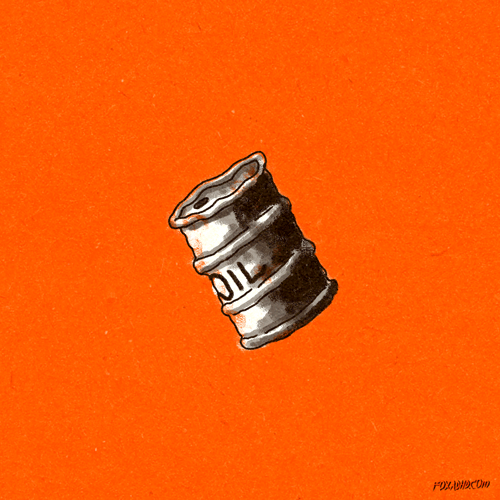
Oil ministers from the 14 member states of the Organisation of Petroleum Exporting Countries (Opec) will gather in Vienna today to decide whether to extend output cuts by another nine months until the end of 2018.
The existing arrangement reached last year to cut oil production and boost oil prices has seen supply drop by about 1.8m barrels a day (bpd).

Access deeper industry intelligence
Experience unmatched clarity with a single platform that combines unique data, AI, and human expertise.
Brent crude oil has increased from $56 per barrel to around $63 in the last 12 months, but the current deal expires in March.
Non-Opec Russia will also be present at the meeting today, but is expected to insist that the cuts are not extended to prevent a deficit in the near future.
“It is important … to work out a strategy which we will follow from April 2018,” Russian Energy Minister Alexander Novak said on Wednesday.
Russia also has a vested interest in lowering oil prices to balance its budget.

US Tariffs are shifting - will you react or anticipate?
Don’t let policy changes catch you off guard. Stay proactive with real-time data and expert analysis.
By GlobalDataMeanwhile, Saudi Arabia favors high crude prices in the lead up to the $2tn stock market listing of state-owned oil company Saudi Aramco.
Saudi Arabia’ Khalid Al-Falih, Opec’s chairman, urged all member states to extend production cuts in his address at the meeting this morning:
History says that as you get closer to the goal, commitment wavers. I call on you all to stay the course, rather than relying on others.
Michael Hewson, chief market analyst at CMC Markets said:
There appear to be some concerns that Russia might well throw a ratchet into the gears, particularly in the context of the length of the output extension. There has been some concern that an extended freeze could well leave the field open to US shale producers who are already pumping at record levels. Therefore the biggest question isn’t around an extension, it’s about how long the extension lasts for. We should know later today.
If the market overheats, Opec and Russia may amend any extension decision when they next convene in June.
However, Opec delegates told Reuters that a nine-month extension is likely to be decided on today.
They will agree on the nine months.
“No surprises … all are for nine months,” said another.
Opec may also discuss whether or not to cap Nigerian and Libyan oil output at 1.8m bpd and 1m bpd respectively, according to three sources familiar with OPEC talks.
Nigeria and Libya are currently exempted from production cuts due to political unrest and lower-than-normal production.
Brent crude was up 0.5 percent this morning to $63.45 per barrel.







